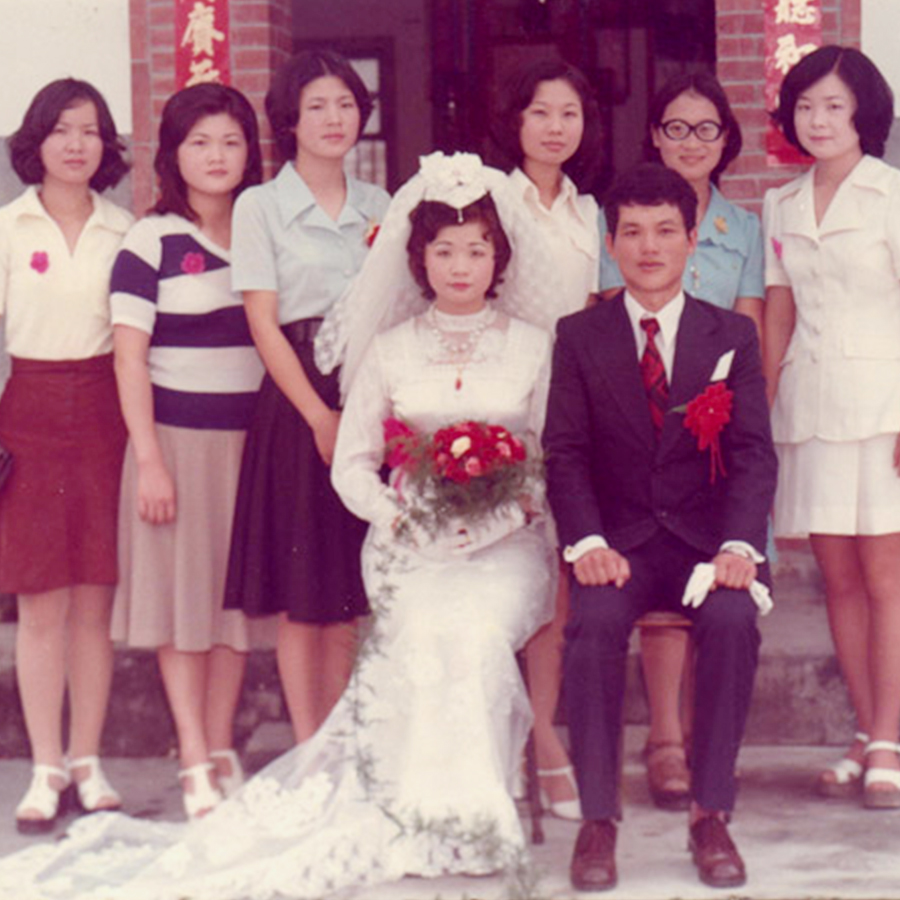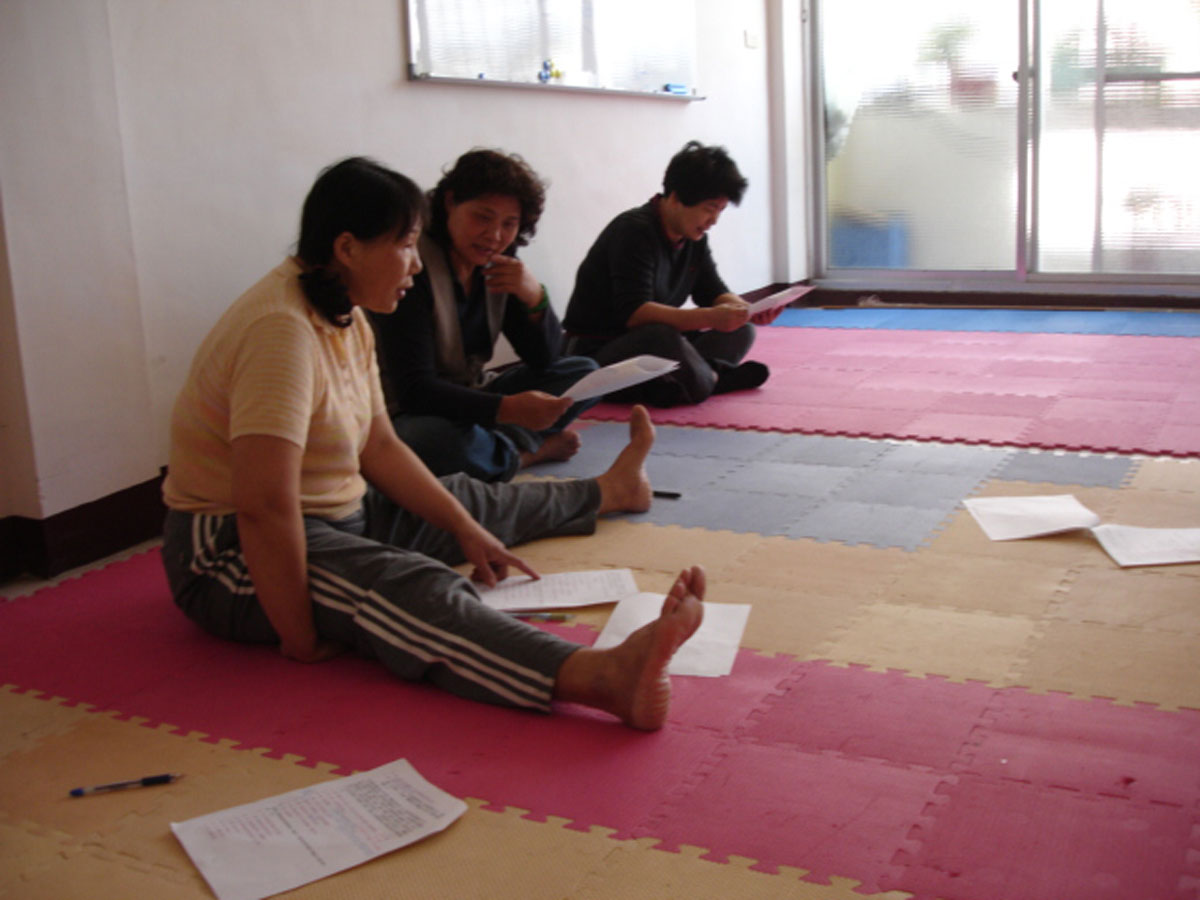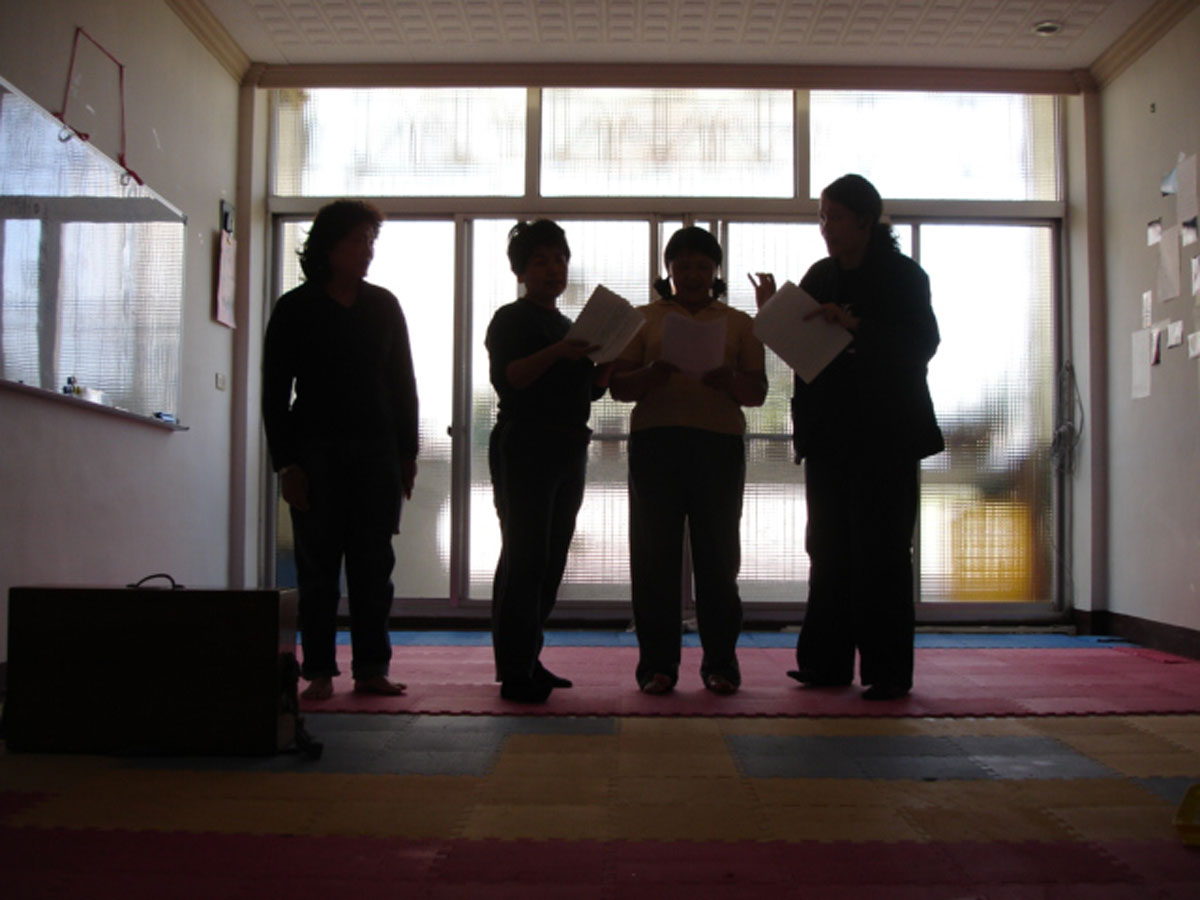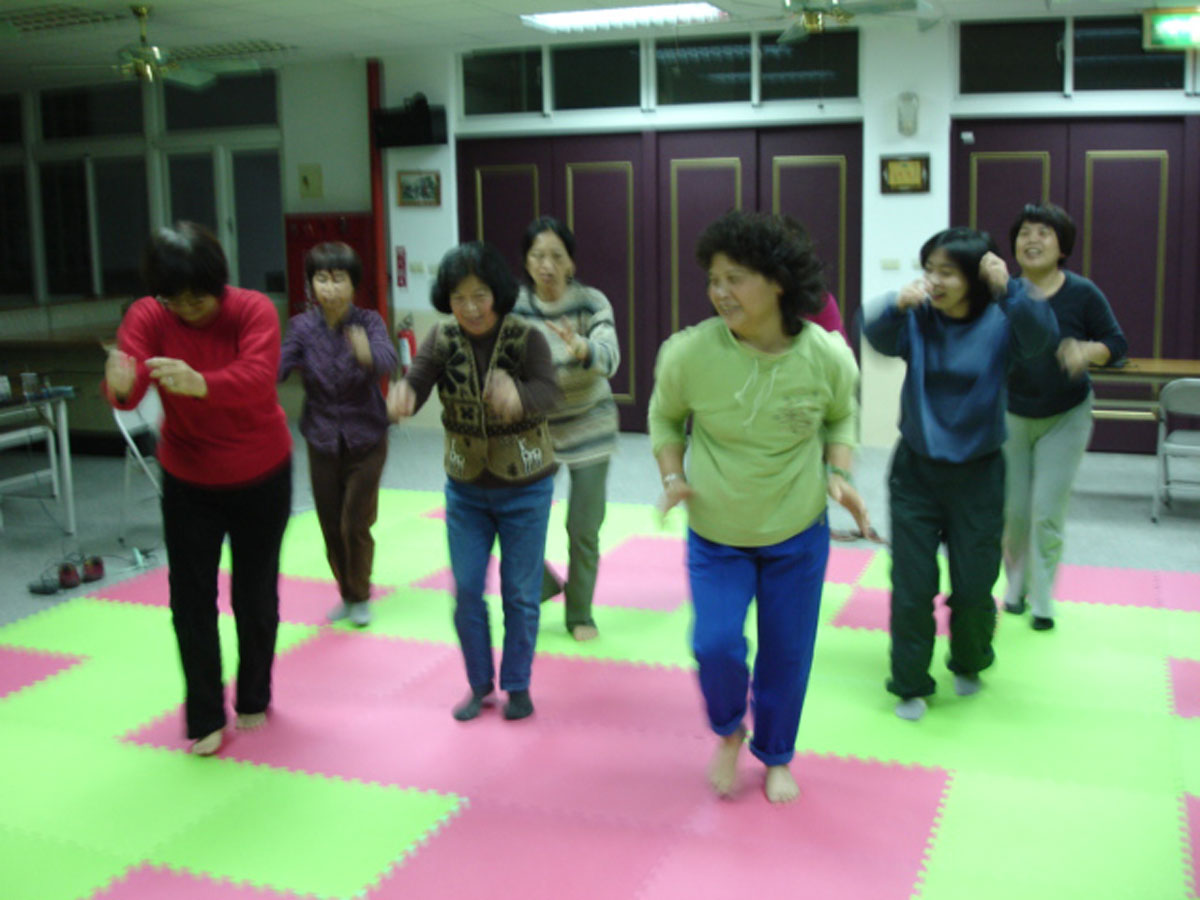



Courtesy of Shigang Mama Theatre
Localizing People’s Theatre in East Asia
Performing Hakka Women and Pear-Growers on Taiwan’s Fault Line
Since the 1960s and 1970s, theatre artists from around the globe initiated a wave of theatre practice that is commonly known today as People’s Theatre or socially engaged theatre.
First introduced to Taiwan in 1990, the methods of People’s Theatre have been rapidly adapted by various socially conscientious and politically committed theatre groups.
Taking the case of Shigang Mama Theatre Company, this paper examines the localization of socially engaged theatre practices in (post)colonial and postmartial Taiwan.
I argue that in the current practice, attention has mostly been paid to the liberation of the physical rather than the linguistic.
Local resistance through theatre can only be at its most powerful when imported theatre practices are fully adapted with the bodily and linguistic specificity of its practitioners taken into consideration.
-
Research in Drama Education 17.3 (2012): 377–96.
- http://dx.doi.org/10.1080/13569783.2012.694032




